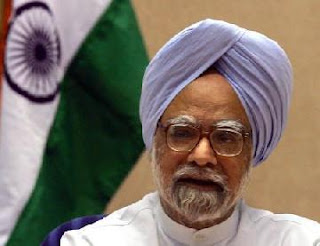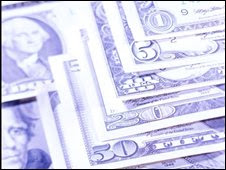
Set to begin a new term in office, Prime Minister Manmohan Singh on Tuesday spoke of the need for reforms and reverse the slowing down of investment and employment generation caused by global economic slowdown.
Shortly after he was elected leader of the Congress Parliamentary Party paving way for him to become the Prime Minister for the second term, Singh said, "There is some slowing down of investment and employment generation. We have to reverse this. We have to revive growth and make it even more inclusive."
The Prime Minister said sustaining growth requires new investment and better management of government finances. This also "requires reform of the economy... Revitalisation of agriculture and acceleration of industrial development".
After growing by an average annual nine per cent for the last four years, the Indian economy came under pressure of the global meltdown and expanded at a slower pace of around seven per cent in 2008-09.
"...The global economic slowdown has hurt us.," Singh said. He said he would ask every minister to set time-bound targets for implementation of the election promises of the Congress Party and policies of the each ministry. "We will undertake quarterly review of the programme implementation by each ministry," he said.
The savings and investment rates have to be kept high to remain globally competitive in the face of economic challenges, he said.










